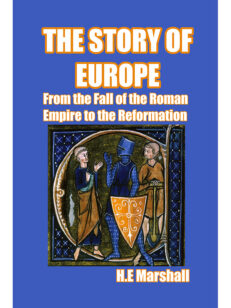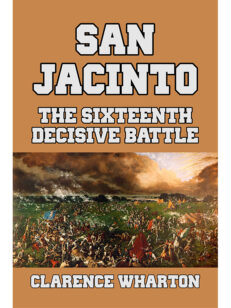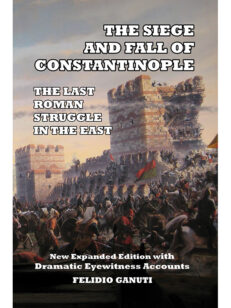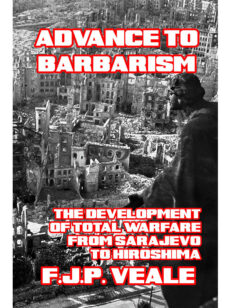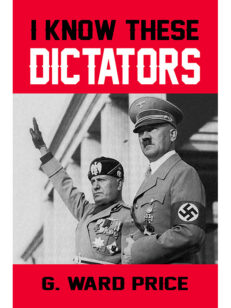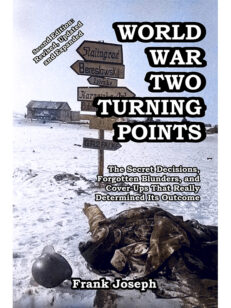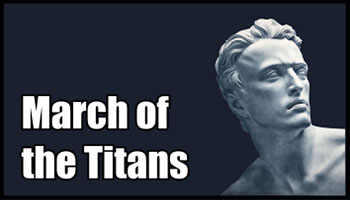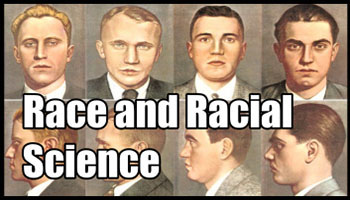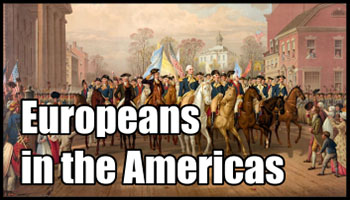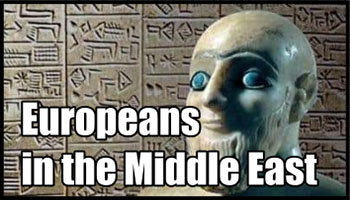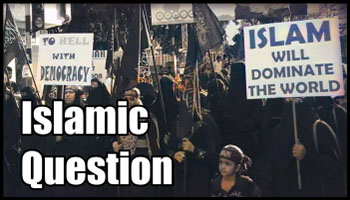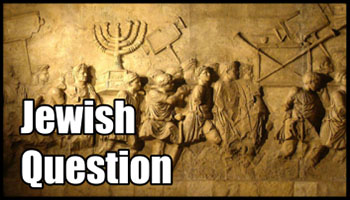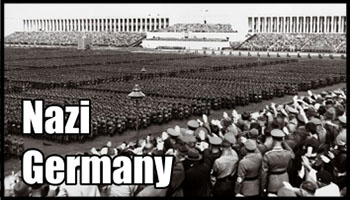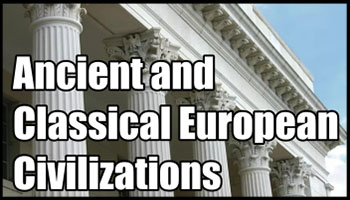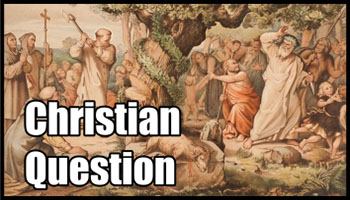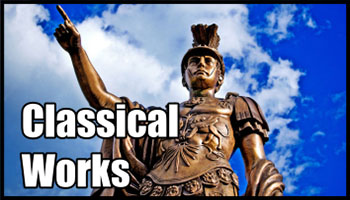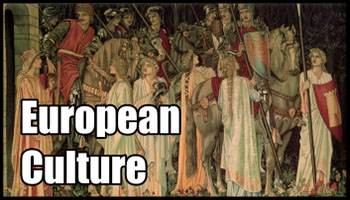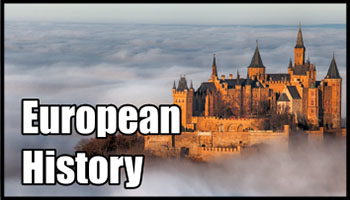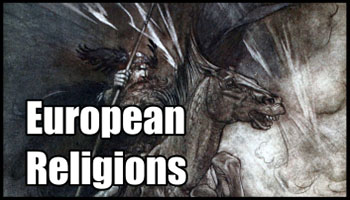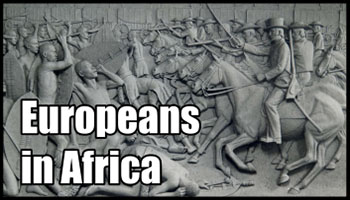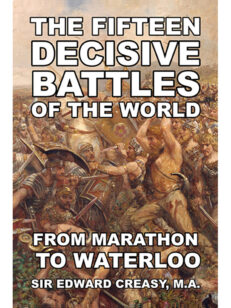Description
By E.S. Creasy. One of the greatest classics of military history ever written, produced by an English historian who understood the significance of race in history. The author selected fifteen battles which he considered as history-changing. Each chapter provides a detailed account of the preceding events, a blow-by-blow account of the battle itself, and its immediate consequences for European and world history.
Five of the battles selected were critical to the survival of European civilization:
– The Battle of Marathon (490 BC) which saw the ancient Greeks defeat an invasion from the mixed-race Persian Empire;
– The Battle of Gaugamela (331 BC) which saw the Macedonians under Alexander finally defeat the Persians;
-The Battle of Chalons (AD 451) where the Roman general, Aëtius, with his Gothic allies, defeated the Hunnish invasion of Europe; and
– The Battle of Tours (AD 732) where the Franks under Charles Martel defeated the Muslim Moorish invasion of Western Europe.
Never afraid to point out the racial and subracial undertones to many of the great battles, the following quote serves as an example of how the author discussed the Battle of Tours:
“The great victory won by Charles Martel over the Saracens, A.D. 732, which gave a decisive check to the career of Arab conquest in Western Europe, rescued Christendom from Islam, preserved the relics of ancient and the germs of modern civilization, and re-established the old superiority of the Indo-European over the Semitic family of mankind.”
The other battles were all history changing in that they affected the direction of European civilization and which nation would dominate history.
Although the author was a devoted English nationalist, he recognized the role which the United States of America would play in world events, and listed the Battle of Saratoga (AD 1777, the turning point in the American Revolution in favor of the rebels) as one of the fifteen great battles. Ironically, as the author points out, the American forces at Saratoga were led by a retired British army officer who had only moved to the Americas from England some seven years before that battle.
The other battles named as history changing in this volume are:
-The Battle of Syracuse (413 BC) which placed Rome at the forefront of civilization in Southern Europe;
-The Battle of the Metaurus (207 BC) which decided the conflict between Carthage and Rome;
-The Battle of the Teutoburg Forest (AD 9) which halted the Roman conquest of Germany and all of central Europe;
-The Battle of Hastings (AD 1066) which determined that relations with France, and not Scandinavia, would dominate British history;
-The Siege of Orleans (AD 1429) which ensured that the English were expelled from France;
-The defeat of the Spanish Armada (AD 1588) which prevented the re-Catholicization of Britain;
-The Battle of Blenheim (AD 1704) which halted French Royal territorial ambition in Europe;
-The Battle of Pultowa (AD 1709) which halted the Scandinavian influence in Russia;
-The Battle of Valmy (AD 1792) which emboldened Revolutionary France to declare a Republic and end the right of royalty to rule by divine right; and
-The Battle of Waterloo (AD 1815) which finally ended Napoleon’s attempts to create a French empire in Europe.
The author also pre-empts developments in twenty-first century Europe by predicting that Eastern Europe would come to be the fulcrum upon which European civilization stands or falls:
“And some of the wisest and best men of our own age and nation, who have watched with deepest care the annals and the destinies of humanity, have believed that the Slavonic element in the population of Europe has as yet only partially developed its powers: that, while other races of mankind (our own, the Germanic, included) have exhausted their creative energies, and completed their allotted achievements, the Slavonic race has yet a great career to run: and, that the narrative of Slavonic ascendancy is the remaining page that will conclude the history of the world.”
This brand new edition contains the complete text, and has been completely reformatted and updated with 50 illustrations and maps.
About the author: Sir Edward Shepherd Creasy (1812–1878) was an English historian and jurist. Educated at Eton and King’s College, Cambridge, he worked as a barrister before teaching history at the University of London. He was knighted for his academic excellence in 1860, and was appointed to the position of Chief Justice of Ceylon (Sri Lanka).
395 pages. Paperback.


